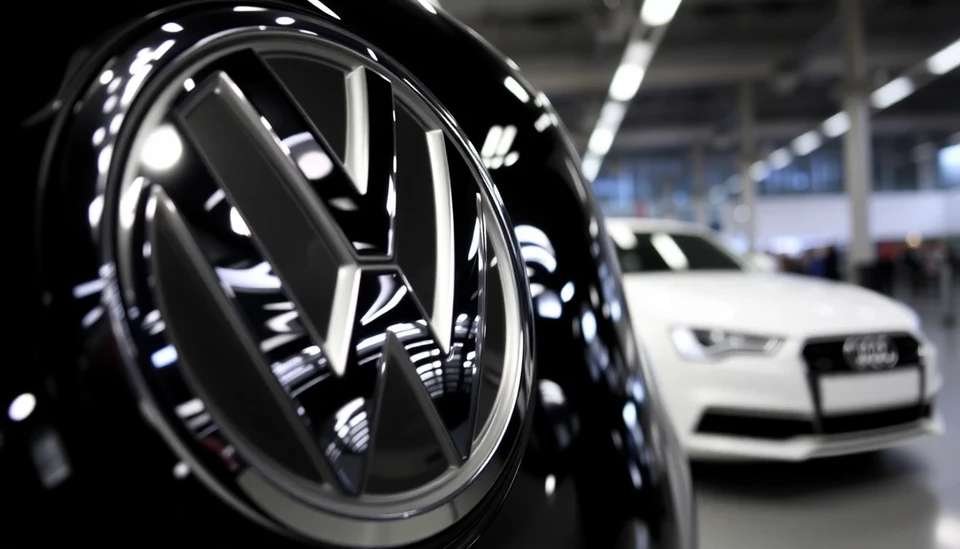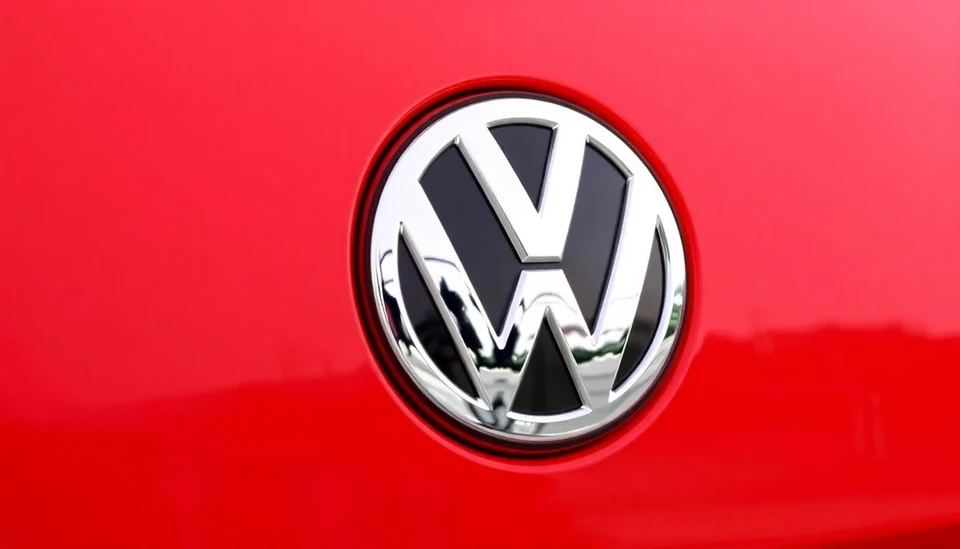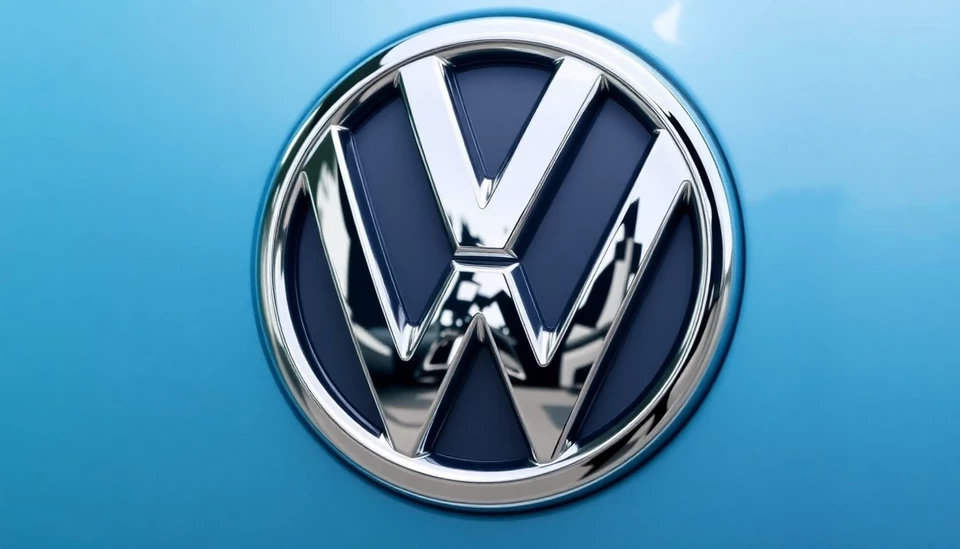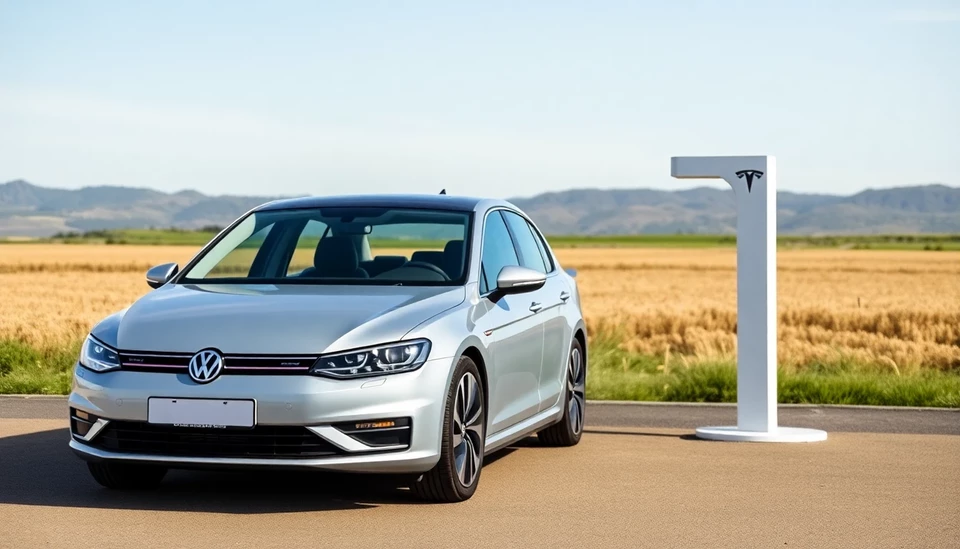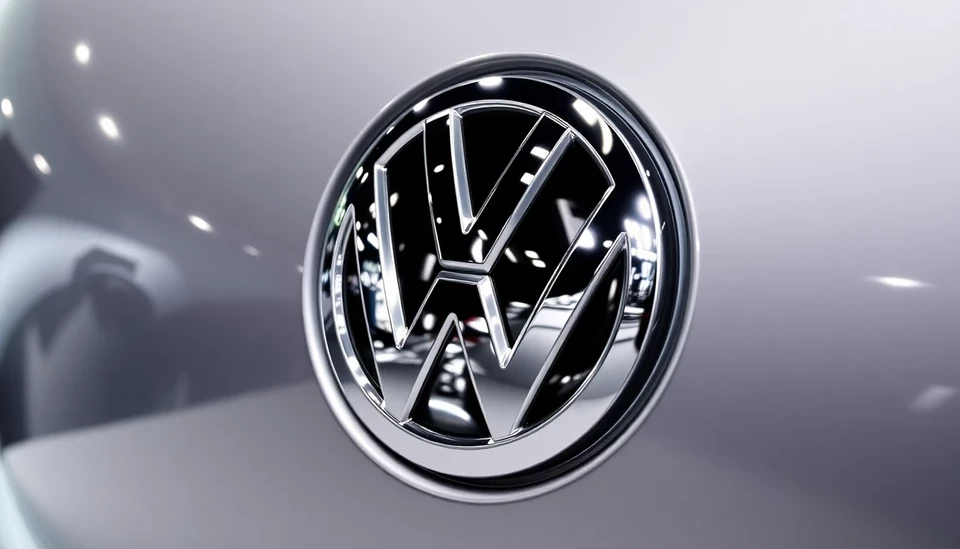
In a significant development within the automotive industry, Volkswagen CEO Oliver Blume has publicly expressed his discontent regarding the latest proposals put forth by the company's labor union during ongoing contract negotiations. Blume's comments come at a time when the industry is grappling with various challenges, including economic uncertainties and the ongoing transition to electric vehicles.
During a meeting with union representatives, Blume characterized the union's recent offers as "far from sufficient," underscoring the need for a more substantial proposal to meet the company's goals and to ensure its competitiveness in the evolving market. He emphasized that while Volkswagen is committed to preserving jobs and maintaining a positive working environment for its employees, it must also balance these priorities with the necessity of fiscal responsibility.
Blume elaborated on the potential risks associated with not reaching a mutually agreeable contract, particularly highlighting the impacts that could result from excessive demands being placed on the company. He indicated that unreasonable requests could jeopardize Volkswagen's ability to invest in critical areas such as sustainable technologies and innovative manufacturing processes.
The backdrop of this negotiation is set against the broader challenges that the automotive sector is currently confronting, including supply chain disruptions, rising material costs, and intensified competition in the electric vehicle market. This landscape has prompted many automakers, including Volkswagen, to reassess their operational strategies and workforce management practices.
In response to the CEO's remarks, union leaders plan to adjust their proposals, aiming to align them more closely with the company's operational realities while still advocating for employee interests. They have stressed the importance of addressing worker concerns, particularly as Volkswagen transitions to a more sustainable and technologically advanced production model.
As the negotiations progress, all eyes will be on how both sides can reconcile their positions and reach a deal that satisfies both the workforce's needs and the company's long-term strategic goals. The outcome of these discussions is likely to have far-reaching implications not only for Volkswagen but also for the broader automotive industry during this critical period of transformation.
Industry analysts have noted that this negotiation reflects the tension between labor demands and corporate strategy amidst an unprecedented shift in how automotive manufacturers operate and compete in a rapidly evolving market. How Volkswagen navigates this challenge may well set a precedent for other companies facing similar labor issues in the future.
#Volkswagen #OliverBlume #UnionNegotiations #LaborRelations #ElectricVehicles #AutomotiveIndustry #CorporateResponsibility
Author: Samuel Brooks
